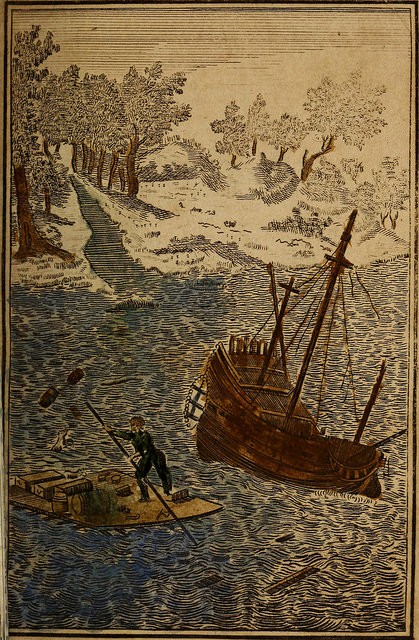The next seminar in the 2015 Hearing the Voice Research Seminar series, featuring a presentation by Professor Patricia Waugh (Department of English Studies, Durham University) on ‘Voices Becoming Characters: Insights from the Experimental Novel’, will take place in the Joachim Room in the College of St Hild & St Bede, Durham University (number 30 on this map) on Thursday 7 May 2015, 5 pm – 7 pm.
Abstract: If experiments are for finding things out, the novel is inherently experimental. The eighteenth century novel developed by self-consciously pioneering the category of fictionality as an epistemological tool; the subsequent history of the novel is one of refinement, retuning, discovery of new tools for reflection on the nature of being, time, identity, the human capacity to know its world and its place within it. But the major vehicle for its inquiry is the unique nature of fictional voice. If Scheherazade told stories to save her life, the first fictional character to be created without a prior model, Robinson Crusoe, is the ultimate icon of the survivor, talking to and writing himself into sanity and in so doing, creating, like his maker, a meaningful world, in a kind of mise-en-abyme effect that already echoes the multiple embedding of the oral tale in The Thousand and One Nights. Crusoe is saved from the traumatic effects of his shipwreck and castaway condition by his ability to listen to his own thoughts, allow his inner voices to speak to each other, and in the comfort he takes in their externalisation as he talks to God and writes in his journal. He insists that his life, twenty seven years in solitude, was ‘better than sociable, for when I began to regret the want of Conversation, I would ask myself whether . . . conversing with my own Thoughts, and, as I hope I may say, with even God himself . . . was not better than the utmost Enjoyment of humane society in the World’. It seems hardly coincidental that from Defoe onwards, novelists have been fascinated by hearing the voice and, indeed, many novelists have written autobiographically about their own voice hearing experiences. Foregrounding the functional role and the nature of voice in narrative fiction, this paper will explore how experiment with voice, from Daniel Defoe to David Foster Wallace, has been a major source of the novel’s capacity to generate new insights into human existential and socio-cognitive capacities.
The Hearing the Voice Research Seminar series is designed to provide a platform for HtV researchers to share the detailed findings of their research and gain feedback from a wider audience. Anyone with an interest in Hearing the Voice research is welcome to attend. If you would like to reserve a place, please fill in our online registration form.
If you have any queries about the event, please contact Victoria Patton.

